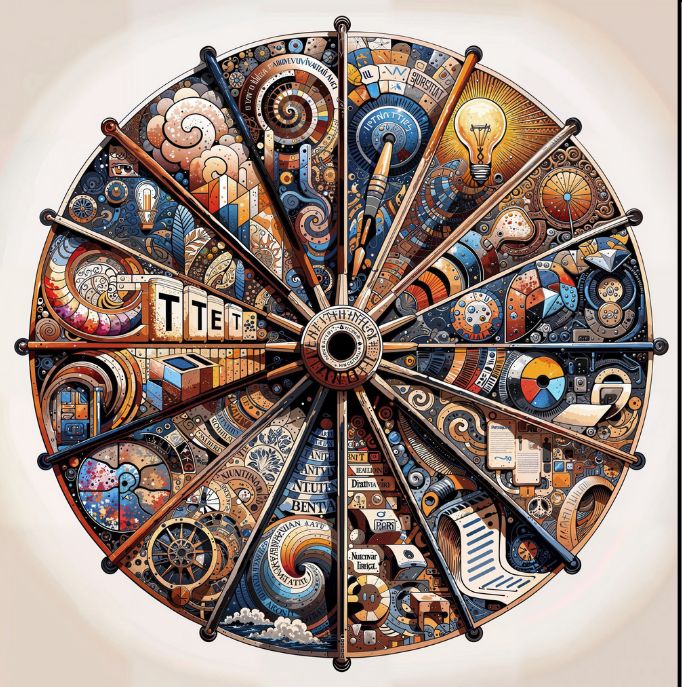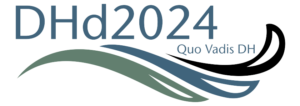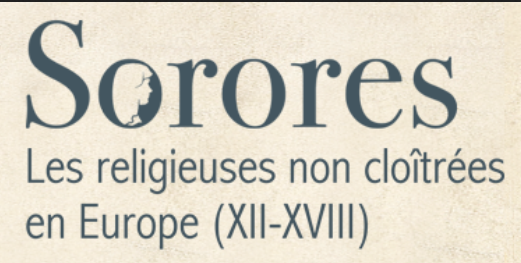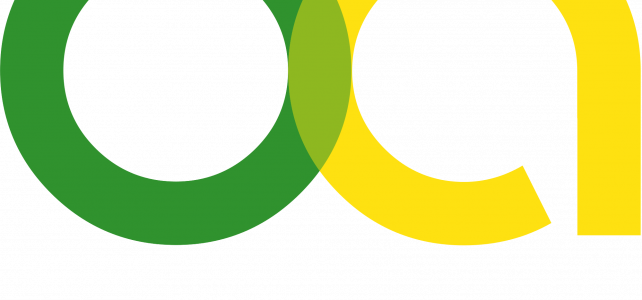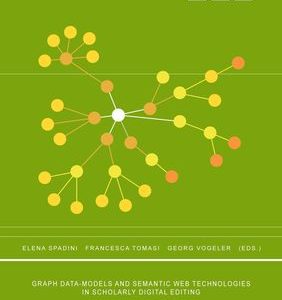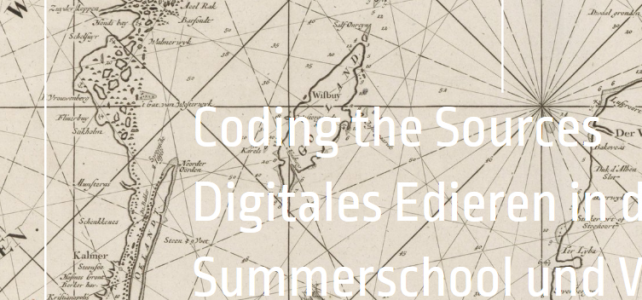Unser Workshop hat begonnen und alle Präsentator:innen haben netterweise auch schon vorab ihre Folien bereitgestellt: https://drive.google.com/drive/u/0/folders/1z_j1awaX4gRUU_Ykb1TqUhzoHQLnZXed Aktuelles zum Workshop gibt es im Fediverse unter https://fedihum.org/tags/workshop8a und von https://fedihum.org/@ide .
DHd2024 Workshop: Generative KI, LLMs und GPT bei digitalen Editionen
